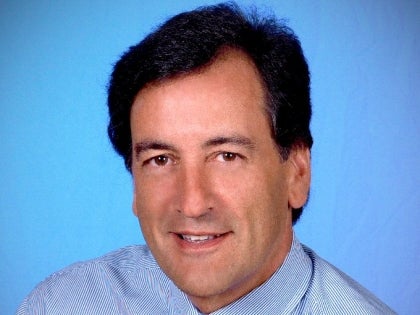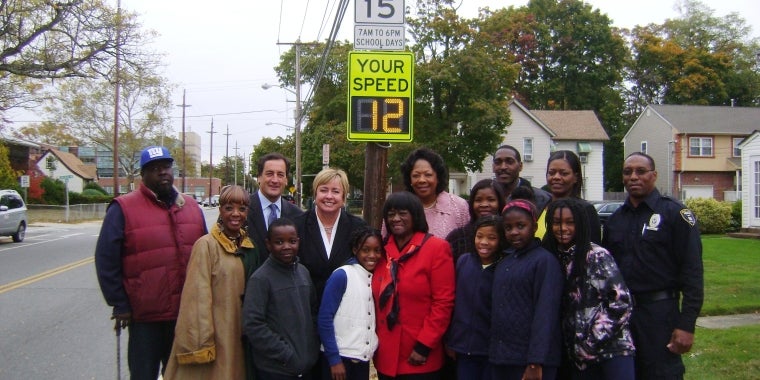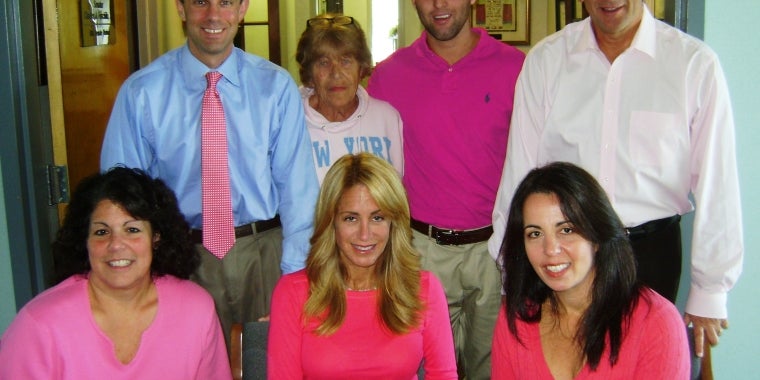
Associated Press: Paterson Signs Consumer Protection Bills
By Michael Gormley (Associated Press Writer)
ALBANY, N.Y. - (AP) — A classic style of baby crib will start to disappear from the market, drug addicts will avoid arrest at syringe exchange programs, and more health facilities will provide testing for HIV-AIDS under measures signed into law Friday by Gov. David Paterson.
One new law will ban the generations-old design of drop-side cribs. The ban in New York comes after several children died in them, said Sen. Charles Fuschillo, a Long Island Republican who sponsored the bill. He said more than 9 million of the cribs have been recalled nationwide because of the danger posed to children.
"Drop-side cribs have been proven dangerous to children's safety time and time again," Fuschillo said of the bill co-sponsored by Democratic Assemblywoman Ginny Fields of Suffolk County and Republican Sen. Stephen Saland of Poughkeepsie.
Michele Witte of Nassau County lost her 10-month-old, Tyler Jonathan. He died in a drop-side crib in 1997.
"His neck got trapped between the side rail and headboard of his drop-side crib," she testified at a recent hearing. "Dozens of babies have died after becoming entrapped when drop-side hardware caused the side-rail of their cribs to loosen or detach."
In other bills:
—People participating in syringe-exchange programs will no longer be subject to arrest for drug possession based on residue in the syringes they carry. The syringe-exchange programs for addicts are intended to reduce the spread of HIV-AIDS and hepatitis through the sharing of needles for narcotics. The new law reconciles criminals law with health laws so that exchanges aren't discouraged by police, who faced the danger of accidental infection when they searched for narcotics.
"The success of needle exchange and syringe access programs has been repeatedly verified to be instrumental in reducing the transmission of blood-borne diseases," Paterson said. "I proposed this legislation to prevent people from being arrested unnecessarily, thus ensuring that syringe users are not deterred from participating in these important programs."
Heroin is the most frequently injected illegal drug. Some drug users inject other substances including cocaine.
"Making sure our public health and criminal justice policies are in sync means more people will participate in syringe access programs that are a gateway to better community health," said Jill Reeves, a leader in VOCAL NY Users Union. "This law will also reduce the 'us versus them' mentality in our interactions with police officers when it comes to syringe possession, which will make our communities safer. People shouldn't be arrested for trying to keep themselves from getting HIV and Hep C."
—HIV-AIDS testing will be expanded. The new law effective Sept. 1 will make the testing routine at all health care facilities and simplify the patient's informed consent needed to take the test.
The new law also allows spoken consent to an HIV test for a "rapid HIV test," a newer type of testing available at hospitals and clinics. Tests will routinely be offered to patients ages 13 to 64.
"The enactment of this bill represents a significant step forward in combating the HIV/AIDS epidemic," Paterson said. "By making HIV testing a routine part of health care, this legislation will increase HIV testing rates, letting people learn their status and begin treatment at an earlier stage, which can significantly improve the length and quality of life and help reduce transmission of the disease."
Democratic Sen. Thomas Duane of Manhattan said a pilot program and other studies show that making HIV testing a routine part of medical care increases the number of people who know they have the virus while reducing the stigma surrounding testing and the virus.
"New York has taken a tremendous step towards ensuring that all its residents have knowledge of their HIV status, know how to prevent new infections, and have access to necessary treatment and care so that we can finally stem the spread of this deadly disease," Duane said.

